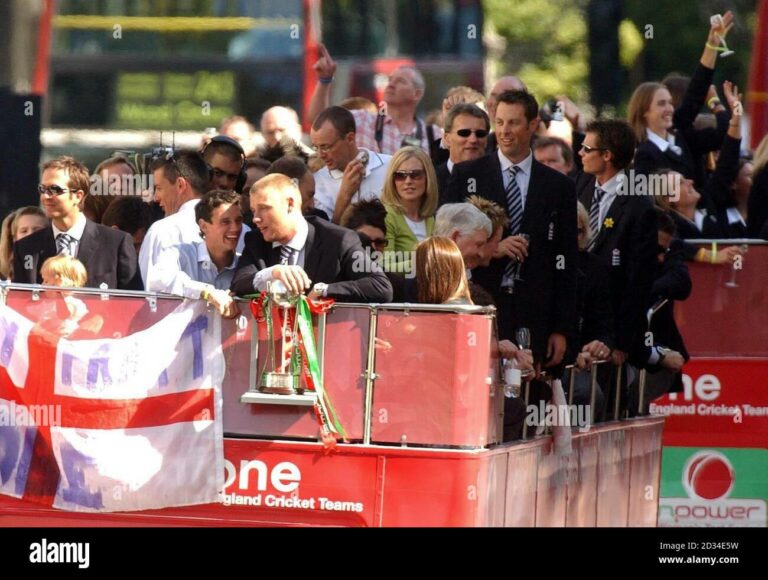The Economics of Ticket Pricing in International Cricket Matches
Gold365, ReddyannaoffficialTicket prices for international cricket matches are influenced by a multitude of factors. One key determinant is the popularity and reputation of the teams playing, as matches featuring top-ranked teams or fierce rivals often command higher ticket prices. Additionally, the venue plays a crucial role in setting ticket prices, with iconic stadiums or those known for providing a superior viewing experience typically charging more for tickets.
Furthermore, the timing and significance of the match can have a substantial impact on ticket pricing. For instance, matches in prestigious tournaments like the ICC Cricket World Cup or high-stakes series tend to have higher ticket prices due to increased demand from passionate fans. Weather conditions and local economic factors also play a role in determining ticket prices, as adverse weather or economic downturns can lead to fluctuations in demand and subsequently affect pricing strategies.
• Popularity and reputation of the teams playing
• Venue of the match
• Timing and significance of the match
• Weather conditions
• Local economic factors
Historical trends in ticket pricing for international cricket matches
As international cricket matches have evolved over the years, so have the ticket prices associated with them. In the past, ticket prices for these matches were relatively lower, making them more accessible to a broader audience. However, with the increasing popularity and commercialization of the sport, ticket prices have seen a steady rise.
The demand for tickets to international cricket matches plays a significant role in determining their prices. As matches featuring marquee teams or high-profile players draw larger crowds, ticket prices tend to escalate accordingly. Additionally, factors such as venue capacity, match significance, and local interest all contribute to the fluctuations in ticket pricing for international cricket matches.
Role of demand and supply in determining ticket prices
Demand and supply play a vital role in determining ticket prices for international cricket matches. The demand for tickets is influenced by various factors such as the popularity of the teams playing, the significance of the match, and the venue. Matches between rival teams or high-ranking teams often result in high demand for tickets, thereby driving prices up. Additionally, limited seating capacity and the prestige associated with certain venues can further increase ticket prices.
On the supply side, the number of available tickets is a critical factor in setting prices. Venues with larger seating capacities generally have more tickets available, which can help in meeting the demand and keeping prices relatively stable. However, if the supply of tickets is limited due to factors such as venue size or allocated sections for different categories of spectators, prices are likely to rise due to the imbalance between demand and supply. This delicate balance between demand and supply ultimately determines the ticket prices for international cricket matches.
What are some factors that influence ticket prices in international cricket matches?
Factors such as the popularity of the teams playing, the venue of the match, the importance of the match, and the availability of tickets can all influence ticket prices.
Can you provide some examples of historical trends in ticket pricing for international cricket matches?
Historically, ticket prices tend to be higher for matches between rival teams or during major tournaments. Prices may also vary depending on the location of the match and the overall demand for tickets.
How does demand and supply play a role in determining ticket prices for international cricket matches?
When demand for tickets is high and supply is limited, ticket prices tend to increase. Conversely, when demand is low or supply is abundant, ticket prices may decrease. The interaction between demand and supply ultimately determines the final ticket prices.







